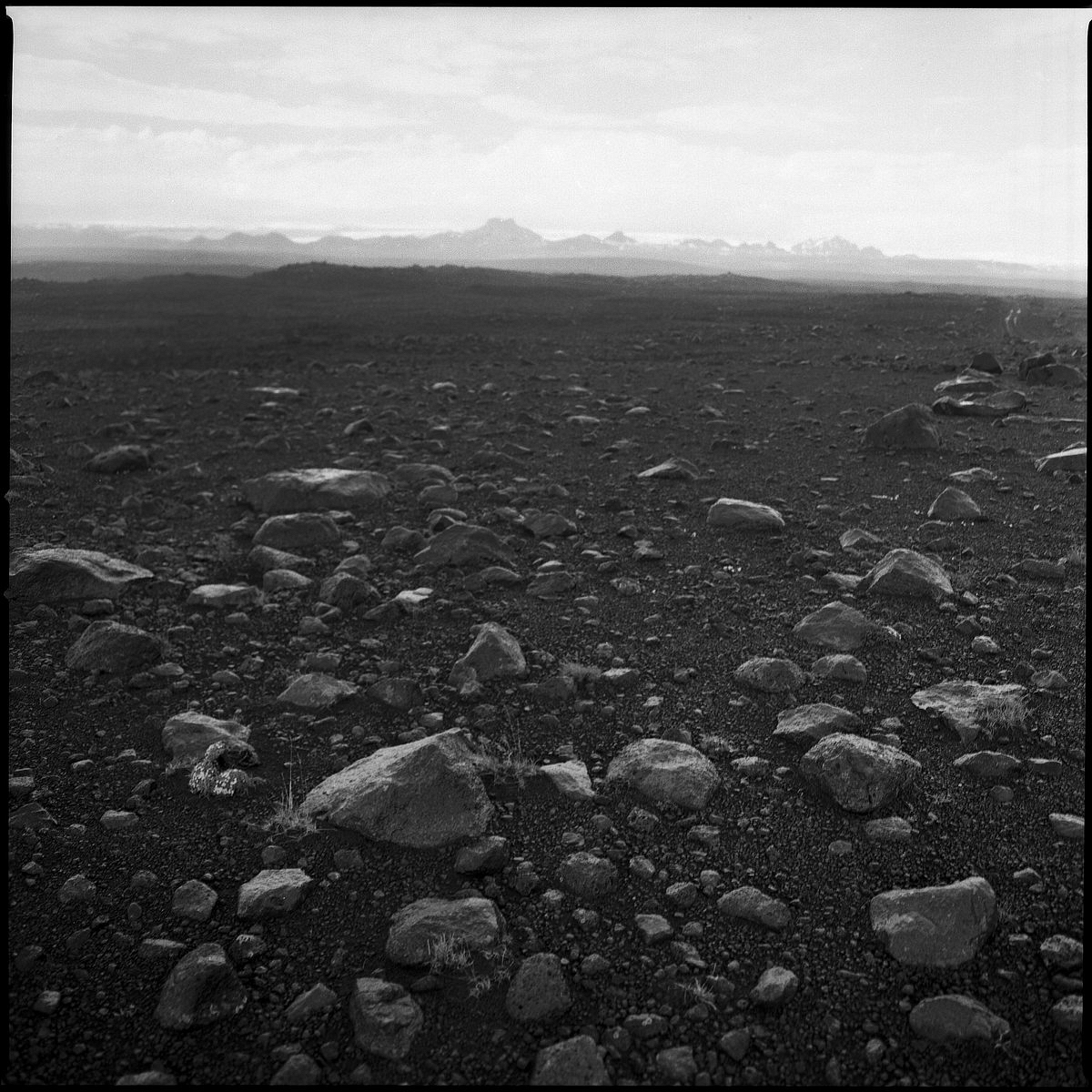
The cover of Fire Illuminations.
Even before trumpeter Wadada Leo Smith enters the musical room of “Ntozake Shange” — the first cut off Fire Illuminations, which Smith released last week — the music has left little doubt as to what’s going on. The beat is slow and dripping with grease, strong and powerful. The first phrase from Smith’s trumpet feel like a call to arms and a call to prayer at the same time. One by one, the rest of the instruments, guitars and basses, electronics, are gathered. They take their time, and at the same time have the feel of gorgeous inevitability. They’re moving in the same direction, toward a common destination. Even if that place is out of sight, they know it’s there.

Smith.
Wadada Leo Smith is a New Haven treasure, a luminary of creative music who had already made his mark in the 1960s with the creation of his own musical language, the ideas of which have fueled his career ever since. In the 21st century he’s been reaping the benefits of decades of constant playing and searching. His Ten Freedom Summers, (Defining Moments in the History of the United States of America) — compositions inspired by the civil rights movement — made him a finalist for the 2013 Pulitzer Prize. The year 2016’s America’s National Parks appeared on the best-of-year lists of numerous publications from the New York Times to DownBeat Magazine. His list of collaborators is a who’s who of jazz, as is the list of other ensembles that have played his compositions. He has taught widely and appeared on over 100 albums, frequently as bandleader.
He is now 81 years old, and Fire Illuminations shows, first of all, that Smith is still operating at the height of his creative and collaborative powers. The album’s extensive liner notes reveal that the musicians joining Smith are a delightful mixture of all-stars and trusted New Haven collaborators. On the album are guitarists Nels Cline, Brandon Ross and Lamar Smith; bassists Bill Laswell and Melvin Gibbs, electronic musician Hardedge, percussionist Mauro Refosco, and drummer Pheeroan akLaff, who in sum make up the ensemble Orange Wave Electric.
The personnel are a delightful mixture of musical all-stars and trusted collaborators, whom Smith celebrates equally. As the liner notes relate, “Smith shares history with many of these musicians; akLaff in particular has been a vital collaborator for more than four decades. Smith has recorded with Ross and Gibbs in the guise of their bold trio Harriet Tubman, while Laswell joined the trumpeter along with the late percussion master Milford Graves for 2021’s inspired Sacred Ceremonies. Both Cline, famous as a member of Wilco, and Lamar Smith have been members of Wadada’s Organic group. Only Refosco is a new acquaintance, though he’s long been an acclaimed percussionist best known for his work with David Byrne and the Red Hot Chili Peppers.”
Smith “recorded the album in a series of sessions and configurations, compiling the final product through extensive post-production,” the liner notes read. The sessions took place over a period of almost four years. The compositions came together in the editing.
“That’s why the studio is there,” Smith is quoted as saying. “The studio is not just for capturing or sampling sounds, but it’s also an instrument which one can use to not just enhance but build a larger creation.”
The combination of elements in the creative process — unleashing ideas through playing in the studio, shaping them through editing afterward — doesn’t sum up of Smith’s work. With over 100 albums, is that possible? But it does serve as a brilliant introduction to Smith’s musical voice and the way he works. After the strutting opening track, “Muhammad Ali’s Spiritual Horizon” features two disparate ideas, a pulsing, driving rhythm and a serene soaring horn line against an ethereal background, put together so that the friction between them becomes a creative force. “Fire Illuminations in side the Particles of Light” soaks itself in the sounds of the ’70s while expanding amiably beyond them.
The sprawling “Tony Williams” — a tribute to the trailblazing drummer who came to fame as part of Miles Davis’s second quintet — features all nine musicians at their grooviest and most unleashed. Each musician freely explores their corner of the musical landscape. Each musician also never loses touch with the overall sound, resulting in what is first and foremost a pretty monster jam.
The album then ends on perhaps its most exhilarating and challenging track,
“Muhammad Ali and George Forman Rumble in Zaire Africa.“
In the liner notes, explaining why two tracks tipped their hat to the world-famous fighter, Smith says that “Muhammad Ali demonstrated the greatest quality of humanity when he refused to fight a war that he didn’t believe in. He lost everything because of that, but in the end, because he made that political statement, he gained everything back and much more. That’s a model that we can look to: if you make the right decision from your heart, the creator will always return that to you in a greater way. And the Rumble in Zaire shows something about his spirit and his understanding that it’s not the strongest, the most powerful, the wealthiest or the most influential person that controls the world. Strategy is what gets you across the finish line.” The same can be said of Fire Illuminations. Exploratory and confident, relaxed and searching, cool and collected one moment and heading off into the unknown the next, Wadada Leo Smith’s latest album shows that, even with decades of work behind him, if anything, he has found more to discover than ever.

Thanks Brian!